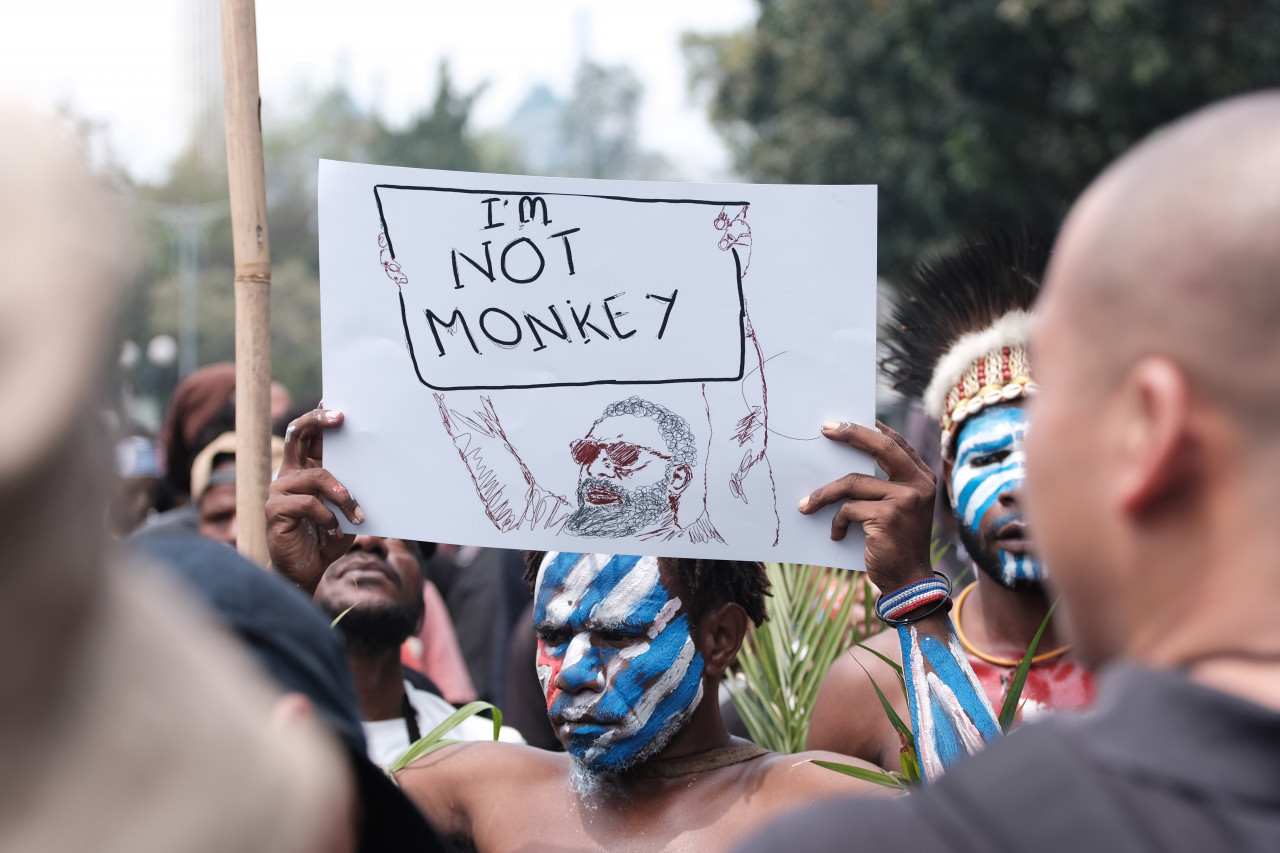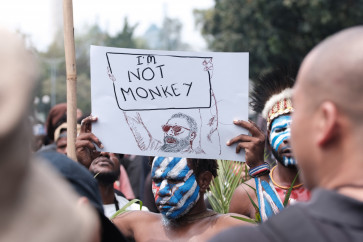Popular Reads
Top Results
Can't find what you're looking for?
View all search resultsPopular Reads
Top Results
Can't find what you're looking for?
View all search resultsRacism: My experience as doctor in Papua
Many people do not know and do not care about the lives of people in eastern Indonesia. All they know is that dark-skinned people who are also part of the Unitary State of the Republic of Indonesia (NKRI) live there. How they live is not relevant.
Change text size
Gift Premium Articles
to Anyone
T
he death of George Floyd in the United States has evinced global expressions of solidarity that have reminded people how racism still exists in the 21st century. Influenced by the hashtag #blacklivesmatter, Indonesian citizens have expressed support through their social media status and postings.
What about racism in Indonesia? Indonesians are very proud of the national motto “Bhinneka Tunggal Ika” (unity in diversity). Ironically, not everyone truly believes in the idea of respecting diversity in ethnicity, religion or race, or whatever differences, in daily life.
For example, many people do not know and do not care about the lives of people in eastern Indonesia. All they know is that dark-skinned people who are also part of the Unitary State of the Republic of Indonesia (NKRI) live there. How they live is not relevant.
Therefore, it is very interesting that #blacklivesmatter has triggered the birth of #papuanlivesmatter. This hashtag has opened the eyes of many to the fact that racism does not only occur in the US but has also been endemic for a long time in Indonesia. Papuans living in our easternmost regions are one example of those who have long experienced racism.
A lack of information transparency causes many people to be surprised when they discover such discrimination against Papuans. All this time, everything seemed to be going well. Even when riots or resistance occurs, generally Indonesians will think the unrest must be the result of a group of people who want to disrupt national stability or the country’s security. They must be crushed because the NKRI cannot be disturbed.
Indirectly these people have discriminated against Papuans. Without understanding the root of the problem, they are nevertheless easily influenced by the doctrine of blind nationalism that unconsciously ignores the lives of Papuans, who are so far away from the island of Java that they are largely unreachable. In short Papua just about registers as part of Indonesia but is considered unimportant.
I do not understand the complexity of the political problems in Papua but I want to share my personal experience as an intern doctor who served a year at the Wamena Regional Public Hospital in Jayawijaya (2015 to 2016). My experience gave me a vivid portrait of the daily problems of Papuans.


















